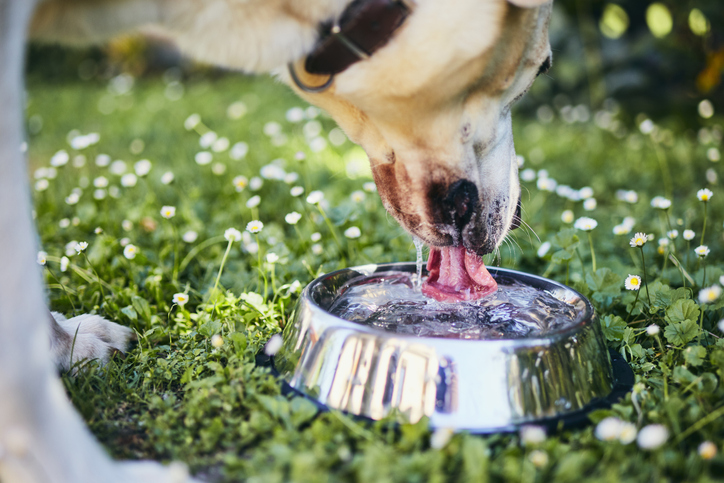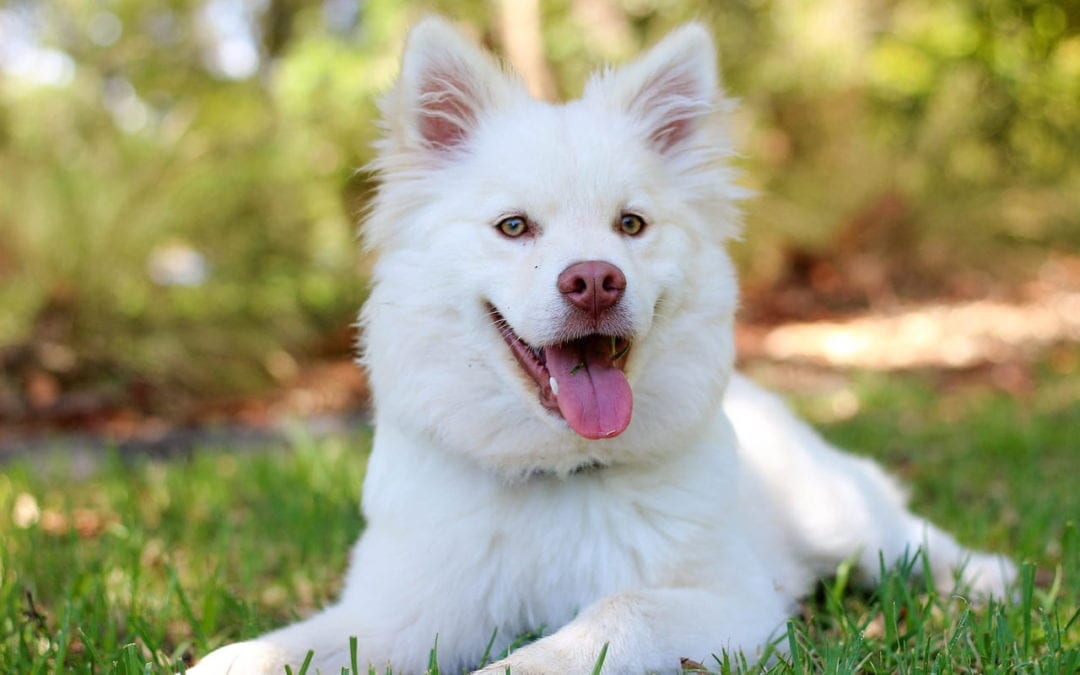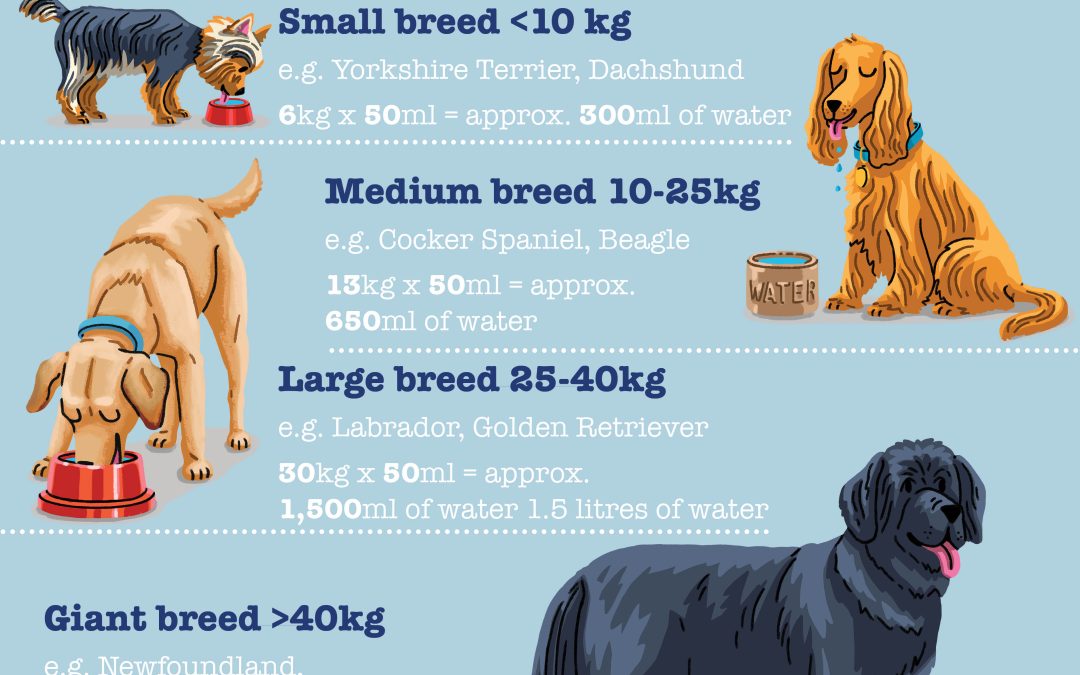If your dog won’t drink water, try offering fresh water, and checking for any potential health issues. Dehydration in dogs requires immediate attention to prevent complications.
It is crucial to identify the underlying cause of your dog’s reluctance to drink water. Several reasons could contribute to this behavior, including illness, stress, or a change in environment. Observing your dog’s behavior and consulting with a veterinarian can help determine the appropriate steps to encourage proper hydration.
Ensuring your dog has access to clean, fresh water and creating a suitable drinking environment can aid in resolving the issue. Prioritizing your dog’s health and well-being is essential in maintaining their overall quality of life.
Recognizing The Issue
If your dog won’t drink water, watch for signs of dehydration. Check for lethargy, dry gums, and sunken eyes. Encourage hydration by using a pet fountain or flavoring the water with low-sodium broth.
Consult your vet if the issue persists to rule out medical conditions. Keep water fresh and accessible at all times to prevent dehydration. Monitor your dog’s water intake closely to ensure they stay hydrated.

Credit: happytailservet.com
The Potential Causes
If your dog doesn’t drink water, there could be various potential causes.
Health-Related Factors: Health issues such as kidney disease, dental problems, or infections may cause decreased water intake in dogs. It’s essential to monitor your dog’s overall health and consult a veterinarian if you suspect any underlying health issues.
Environmental Factors: Environmental factors such as changes in weather, travel, or new surroundings can lead to stress and dehydration in dogs. Ensuring a comfortable and familiar environment for your dog can help encourage water consumption. Additionally, incorporating wet food or adding flavor to the water can also help entice drinking.
Encouraging Hydration
If your dog won’t drink water, try these tips:
- Ensure fresh water is available at all times.
- Add ice cubes or flavor the water with low-sodium broth.
- Try a pet water fountain to pique interest.
Explore different sources like:
- Coconut water for electrolytes.
- Cucumber-infused water for a twist.
- Bone broth for added nutrients.
When To Consult A Vet
If your dog won’t drink water, it’s important to monitor their behavior and symptoms closely. Start by assessing if the issue is a temporary reluctance or an ongoing problem. Look out for signs such as lethargy, vomiting, or loss of appetite, as these could signal a more serious health concern. If your dog continues to refuse water for more than a day, it’s crucial to consult a vet. The vet can help determine the underlying cause and provide appropriate treatment. By taking prompt action, you can ensure the well-being of your furry companion.
Preventing Future Occurrences
Establishing a Regular Drinking Schedule: Dogs thrive on routine, so establish set times for water breaks. This will encourage consistent hydration throughout the day.
Monitoring Water Intake: Keep an eye on how much water your dog is drinking. If you notice a significant decrease in consumption, it could signal an underlying issue that needs to be addressed promptly.
Setting Up Water Stations: Place water bowls in easily accessible areas to encourage your dog to drink regularly. Consider multiple stations around the house for convenience.

Credit: happytailservet.com
Frequently Asked Questions
What Causes A Dog To Not Want To Drink Water?
Dehydration, illness, stress, or unfamiliar water sources can cause a dog to refuse water.
How Long Is It OK for A Dog To Not Drink Water?
A dog should not go without drinking water for more than 24 hours. Dehydration can lead to serious health problems. It’s essential to ensure that your dog always has access to fresh drinking water.
How Do I Get My Dog To Drink Water?
Encourage your dog to drink water by offering fresh, clean water in a bowl at all times. Ensure the water bowl is easily accessible and placed in a convenient location. You can also add flavor to the water or try using a different type of bowl to entice your dog to drink.
What Can You Give Dogs To Drink If They Won’t Drink Water?
Offer diluted chicken or beef broth, low-sodium bouillon, or Pedialyte to encourage hydration in dogs avoiding water.
Conclusion
Encouraging your dog to drink is important for their health. Try different strategies, like adding flavor to water or ice cubes. Regularly change the water, and keep it fresh. Consult a vet if the issue persists. Your dog’s well-being is a top priority!

Hi, I’m Olivia Davis. I am a certified nutritionist with a love for dogs that knows no bounds. At Dog Advisor Pro, I provide extensive insight into dog nutrition. A healthy diet is fundamental to a dog’s well-being and aims to empower dog owners with the knowledge they need to make informed choices about their furry friend’s diet. My goal is to make the field of dog nutrition easy and enjoyable for every pet parent.


